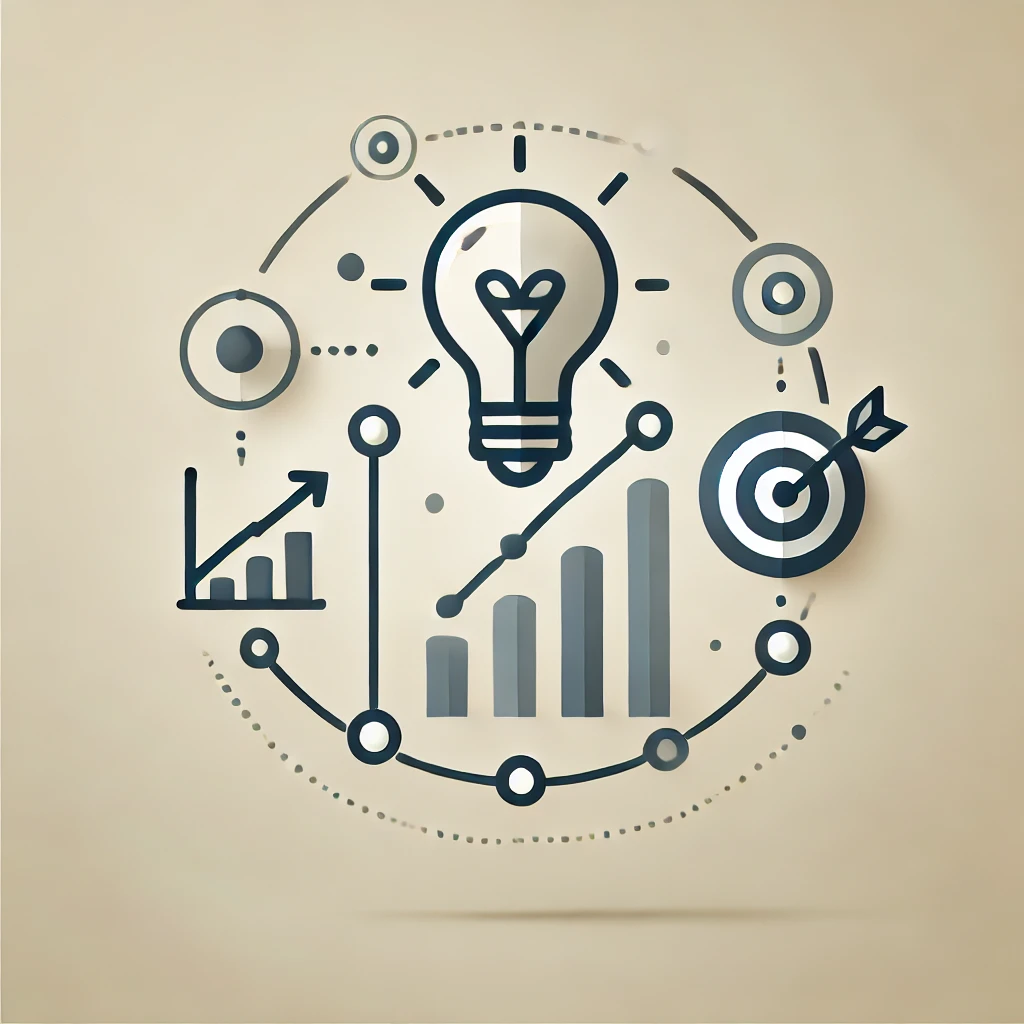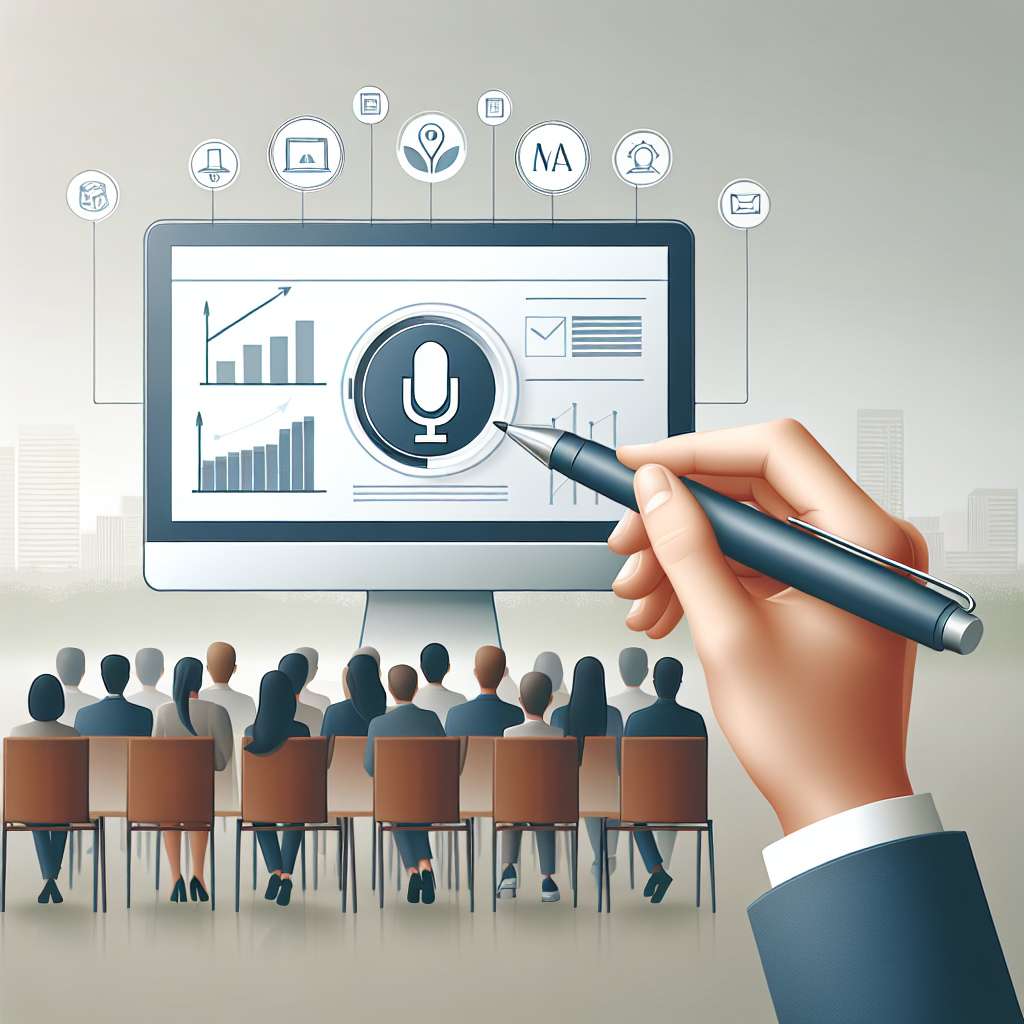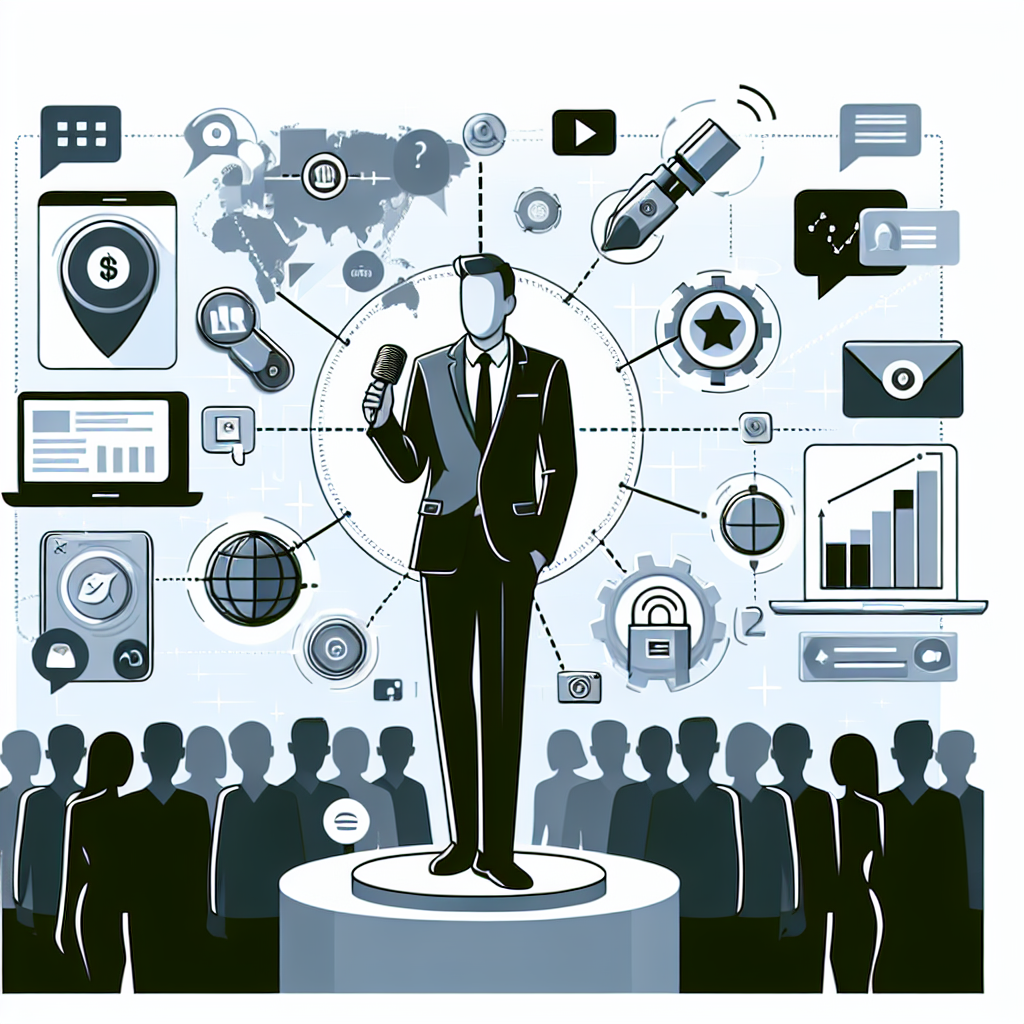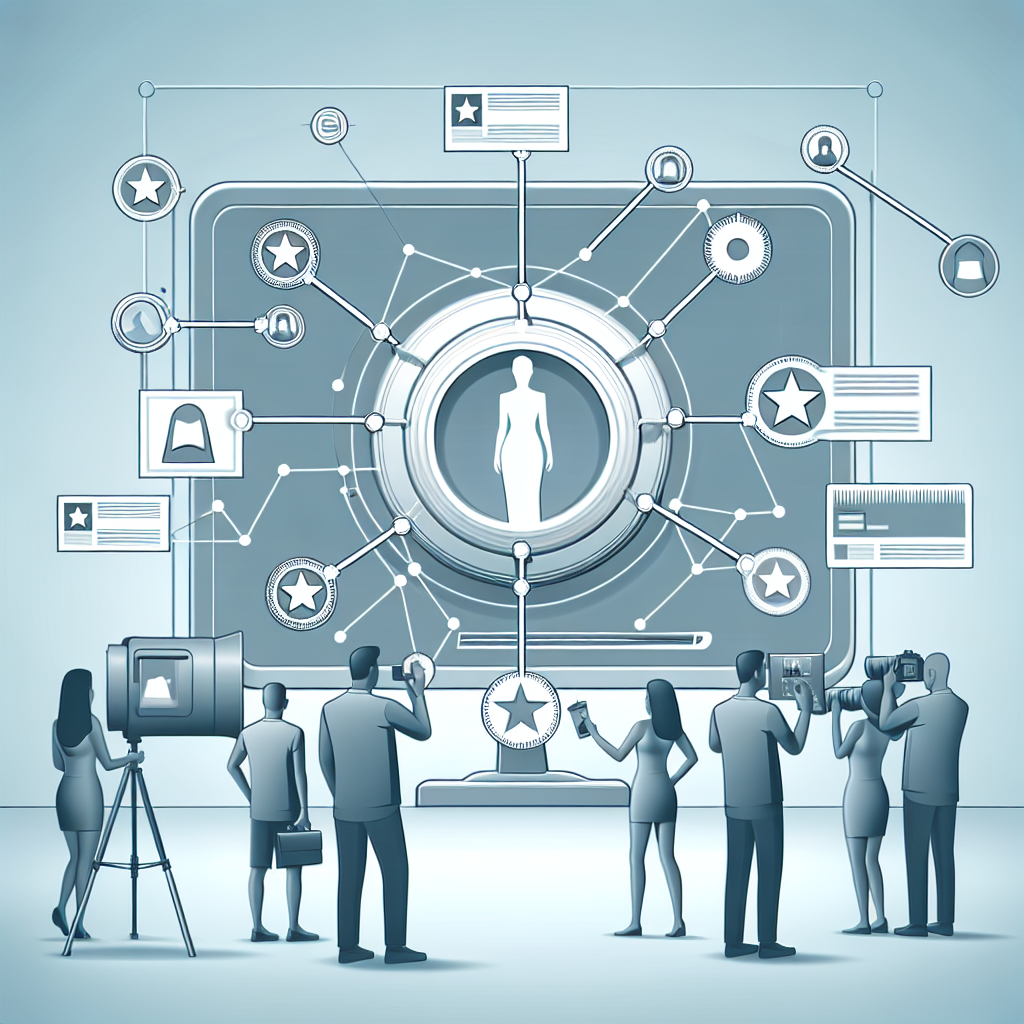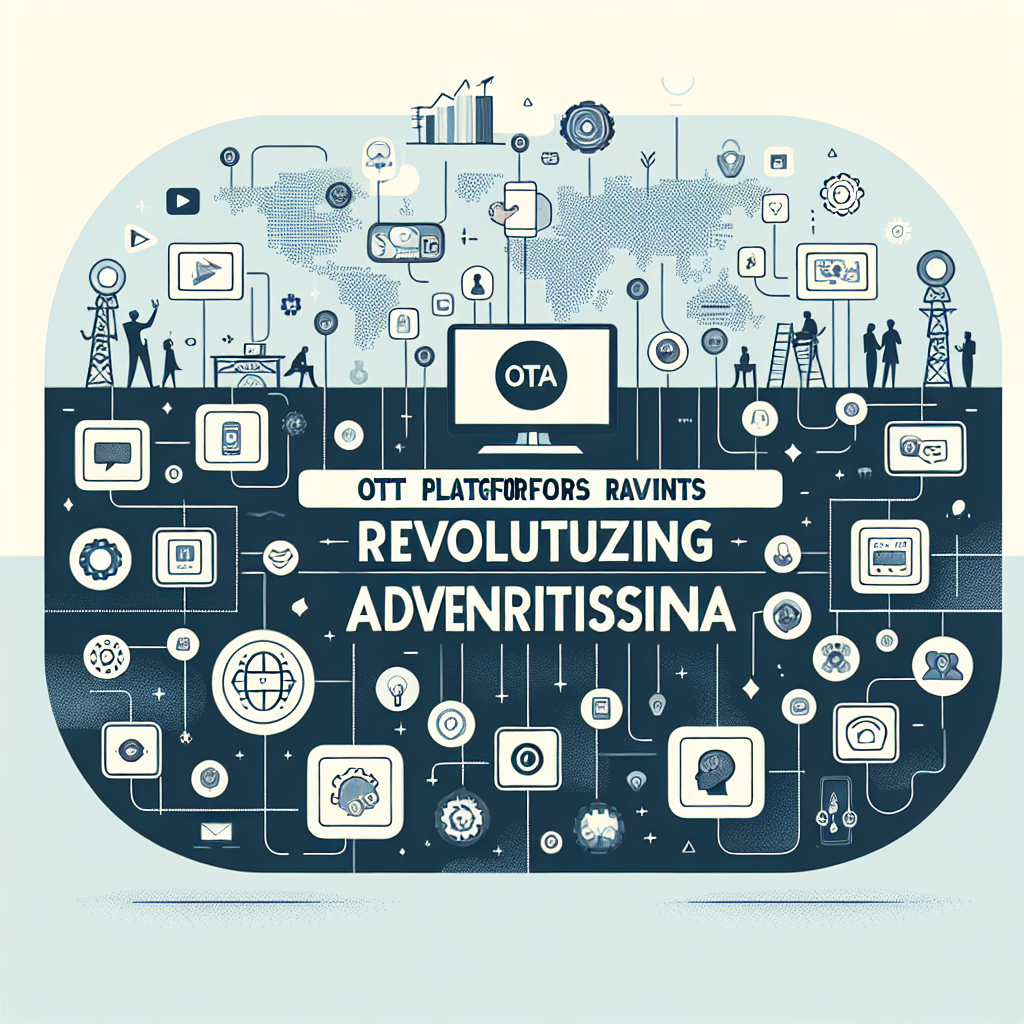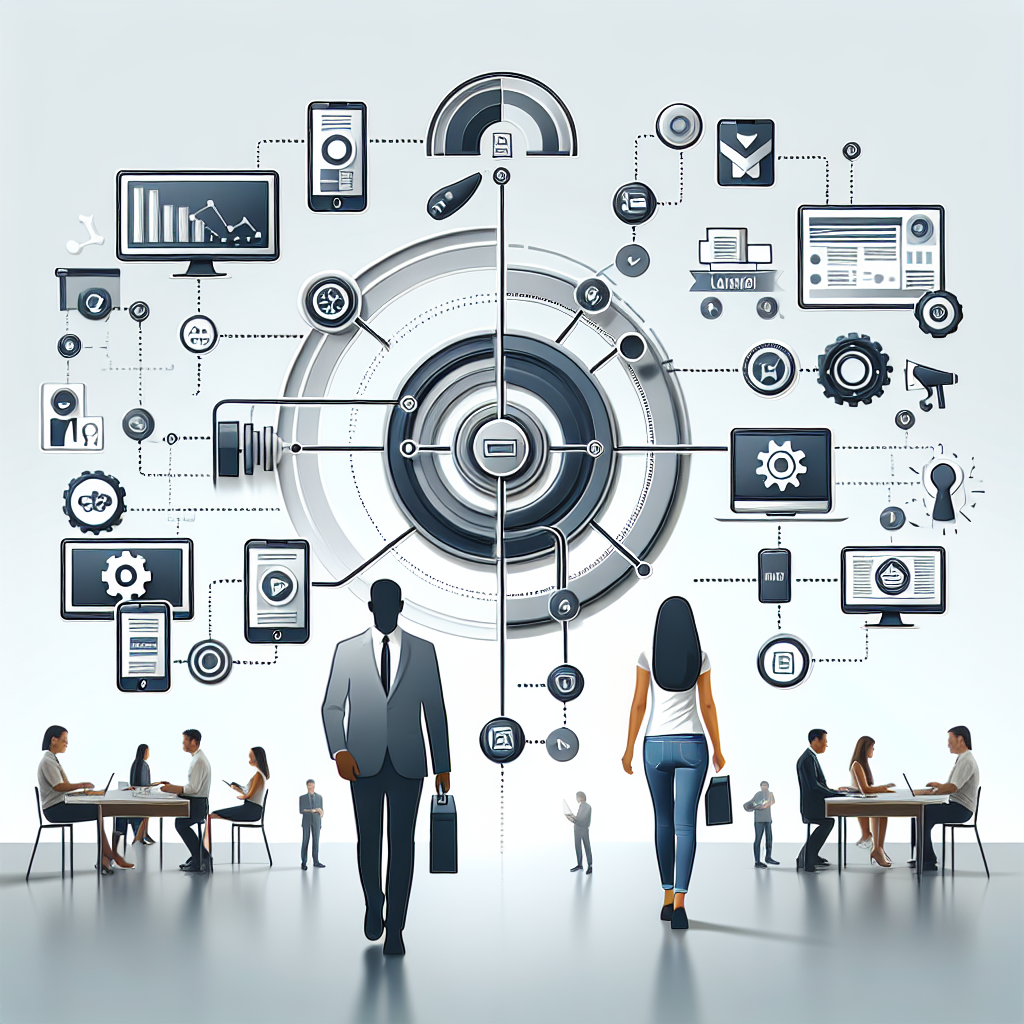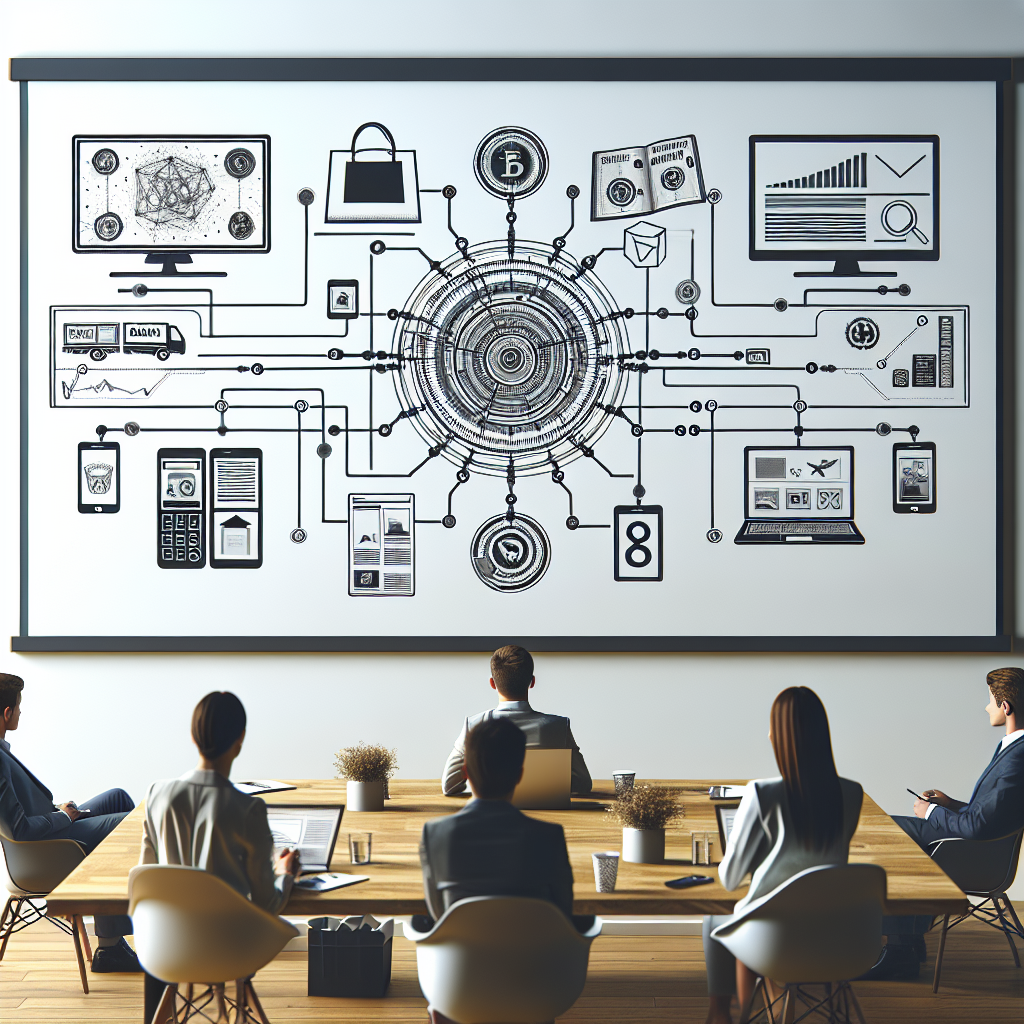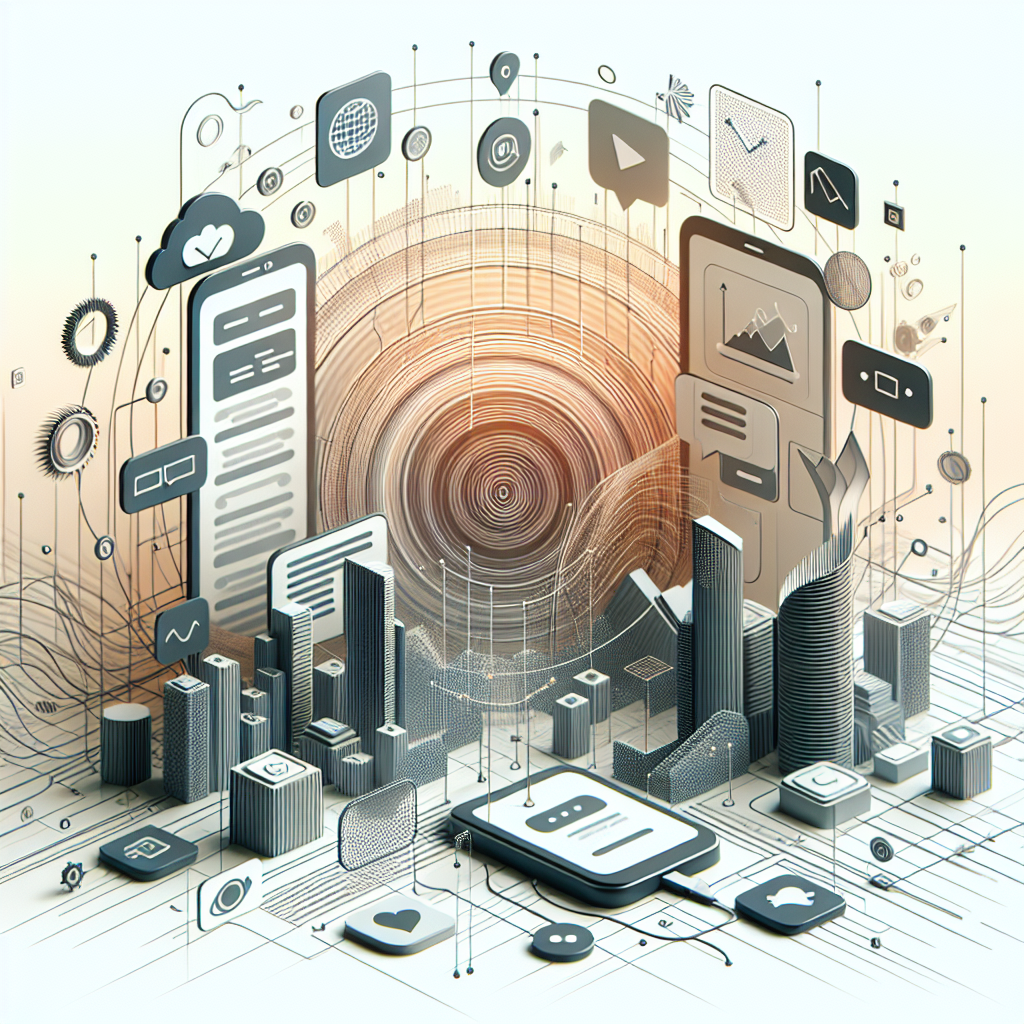Media Planning for Digital Events and Webinars: Strategic Funnel Orchestration
Elena, a marketing automation specialist at a B2B software company, discovered the transformative power of strategic event media planning during a particularly challenging product launch. Her team had organized an ambitious virtual summit featuring industry leaders, but initial registration numbers were disappointing. By implementing a sophisticated three-phase media strategy that integrated video teasers, CRM segmentation, and post-event remarketing sequences, she witnessed registrations increase by 340% in the final two weeks. More importantly, the strategic media orchestration resulted in a 67% increase in qualified leads and a 45% improvement in sales conversion rates. This experience taught Elena that digital events weren't just content delivery mechanisms, they were comprehensive media funnels that required strategic planning across multiple touchpoints and timeframes.
The evolution of digital events has transformed from emergency pandemic solutions to sophisticated marketing instruments that rival traditional in-person gatherings in effectiveness and exceed them in measurability. Modern digital events serve as comprehensive lead generation and customer engagement platforms that integrate seamlessly with broader marketing automation systems, creating opportunities for unprecedented audience development and conversion optimization.
Introduction: The Strategic Evolution of Digital Event Marketing
Digital events have evolved from simple webinar broadcasts to sophisticated multi-touchpoint experiences that span weeks or months of strategic engagement. This evolution reflects a fundamental shift in how organizations approach event marketing, moving from single-event thinking to comprehensive funnel orchestration that maximizes value across extended customer journeys.
The integration of advanced marketing technology with event platforms has created new possibilities for audience engagement, lead qualification, and conversion optimization. Modern digital events serve as data-rich environments where every interaction provides insights into attendee interests, engagement levels, and purchase intent.
The scalability of digital events enables organizations to reach global audiences with precision targeting while maintaining cost efficiency that traditional in-person events cannot match. This combination of reach, efficiency, and measurability has positioned digital events as essential components of comprehensive marketing strategies.
Marketing technology analyst David Kim notes that digital events represent the convergence of content marketing, lead generation, and customer relationship management into unified experiences that drive measurable business outcomes. This convergence has created new opportunities for marketing organizations to demonstrate clear return on investment while building meaningful relationships with prospects and customers.
The strategic planning of digital events requires sophisticated understanding of audience journey mapping, content sequencing, and multi-channel coordination to maximize engagement and conversion outcomes.
Video Advertising, CRM Integration, and Remarketing Orchestration
The foundation of successful digital event marketing lies in the strategic integration of video advertising, customer relationship management systems, and remarketing technologies. This integration creates seamless experiences that guide prospects through comprehensive engagement journeys while capturing valuable behavioral data for optimization.
Video advertising serves as the primary awareness and interest-generation mechanism for digital events, leveraging the high engagement rates and emotional impact of video content to capture audience attention. Strategic video advertising campaigns utilize sophisticated targeting capabilities to reach specific professional demographics, industry segments, and behavioral profiles that align with event objectives.
CRM integration enables sophisticated audience segmentation and personalized communication sequences that increase registration conversion rates and attendee engagement. By connecting event platforms with customer relationship management systems, organizations can create tailored experiences that reflect individual prospect interests, engagement history, and purchase readiness indicators.
Remarketing orchestration extends event impact beyond the live experience by maintaining engagement with attendees and non-attendees through strategic content sequences. This approach transforms single-event interactions into extended relationship-building opportunities that drive long-term customer value.
The measurement capabilities of integrated event marketing systems provide unprecedented insights into campaign performance, attendee behavior, and conversion pathways. This data richness enables continuous optimization and attribution modeling that maximizes return on marketing investment.
Advanced event marketing platforms now offer real-time analytics that enable dynamic campaign adjustments based on registration patterns, engagement metrics, and conversion performance. This responsive approach ensures optimal resource allocation throughout the event marketing lifecycle.
Pre-Event Teasers, During-Event Broadcasting, and Post-Event Nurturing
The strategic sequencing of content across pre-event, during-event, and post-event phases creates comprehensive engagement experiences that maximize audience value and conversion opportunities. This phased approach recognizes that effective event marketing extends far beyond the live event itself.
Pre-event marketing phases focus on building anticipation, educating prospects about event value, and creating urgency around registration deadlines. Strategic teaser content leverages speaker announcements, agenda highlights, and exclusive previews to generate excitement while capturing lead information for qualification and nurturing.
During-event broadcasting strategies maximize real-time engagement through interactive elements, social media integration, and immediate follow-up sequences. Modern event platforms enable sophisticated audience interaction capabilities that transform passive viewing into active participation, creating stronger connections between attendees and event content.
Post-event nurturing sequences capitalize on peak engagement moments to drive specific business outcomes through strategic content delivery and personalized follow-up communications. This phase often generates the highest conversion rates as attendees have demonstrated clear interest and engagement with event content.
The integration of social media amplification throughout all event phases extends reach and credibility through authentic attendee sharing and user-generated content. This organic amplification reduces advertising costs while building social proof that enhances future event marketing effectiveness.
Event content repurposing strategies maximize content investment by creating multiple formats and distribution channels from single event experiences. This approach extends event impact across extended timeframes while serving diverse audience preferences and consumption patterns.
Strategic Media Funnel Architecture for Maximum Conversion
The conceptualization of digital events as comprehensive media funnels requires sophisticated understanding of audience journey mapping, conversion optimization, and multi-touchpoint attribution. This strategic approach transforms events from isolated experiences into integrated components of broader marketing ecosystems.
Funnel architecture for digital events encompasses awareness generation, interest development, consideration facilitation, and conversion optimization across multiple touchpoints and timeframes. This comprehensive approach ensures maximum value extraction from event investments while building sustainable audience relationships.
The integration of marketing automation platforms with event systems enables sophisticated lead scoring, behavioral tracking, and conversion attribution that provides clear insights into event impact on business outcomes. This measurement capability is essential for optimizing event strategies and demonstrating marketing effectiveness.
Advanced funnel orchestration includes sophisticated retargeting strategies that re-engage prospects who showed initial interest but didn't convert during primary event experiences. These extended engagement sequences often generate significant additional conversions by addressing specific concerns or providing additional value.
The personalization capabilities of modern event marketing systems enable customized experiences that reflect individual prospect interests, engagement patterns, and demographic characteristics. This personalization increases engagement rates and conversion likelihood while creating more meaningful experiences for attendees.
Cross-channel integration ensures consistent messaging and experience continuity across email, social media, advertising, and event platforms. This coordination creates seamless prospect experiences that build trust and facilitate conversion throughout extended engagement journeys.
Case Study: HubSpot's INBOUND Virtual Conference Strategy
HubSpot's transition of their flagship INBOUND conference to a virtual format provides an exemplary case study in strategic digital event media planning. The company implemented a comprehensive three-phase strategy that generated over 85,000 registrations and achieved a 23% increase in qualified leads compared to previous in-person events.
The pre-event phase utilized sophisticated video advertising campaigns across LinkedIn, YouTube, and Facebook, featuring speaker interviews, agenda previews, and exclusive content teasers. These campaigns were highly targeted based on professional demographics, company size, and previous engagement history with HubSpot content.
CRM integration enabled personalized email sequences that adapted content based on registrant interests, industry focus, and engagement level. The system automatically segmented attendees into relevant tracks and delivered customized pre-event content that increased attendance rates by 34% compared to generic communications.
During the event, HubSpot leveraged interactive features including live polling, Q&A sessions, and networking opportunities that maintained engagement throughout the multi-day experience. Real-time analytics enabled dynamic content adjustments based on attendance patterns and engagement metrics.
The post-event nurturing sequence included personalized follow-up emails, exclusive content offers, and sales outreach protocols that were triggered based on specific attendee behaviors and engagement indicators. This systematic approach generated a 45% increase in sales-qualified leads compared to previous events.
The remarkable success of HubSpot's virtual INBOUND strategy demonstrated that strategic media planning could not only replicate in-person event outcomes but exceed them in measurability and conversion effectiveness. The comprehensive funnel approach generated sustained engagement that extended far beyond the live event experience.
Conclusion: The Future of Strategic Event Marketing
The strategic orchestration of digital events represents a fundamental evolution in how organizations approach customer engagement and lead generation. As marketing technology continues to advance and audience expectations for personalized experiences grow, the sophistication of event marketing strategies will continue to expand.
The most successful organizations will be those that recognize digital events as comprehensive marketing ecosystems rather than isolated content delivery mechanisms. By integrating events with broader marketing automation systems and customer relationship management platforms, forward-thinking marketers can create sustainable competitive advantages through superior audience engagement and conversion optimization.
The measurement capabilities of digital event platforms provide unprecedented opportunities for optimization and attribution modeling that enable continuous improvement in marketing effectiveness. Organizations that leverage these capabilities will achieve superior return on investment while building stronger customer relationships.
Call to Action
Marketing leaders should begin developing comprehensive digital event strategies that integrate with existing marketing automation and customer relationship management systems. Start by mapping current event marketing processes and identifying opportunities for improved integration and measurement.
Invest in marketing technology platforms that support sophisticated event marketing orchestration, including video advertising capabilities, CRM integration, and remarketing automation. Consider partnerships with specialized event marketing agencies that can provide expertise in funnel optimization and multi-channel coordination.
Develop clear measurement frameworks that track event impact across extended customer journeys rather than focusing solely on registration and attendance metrics. The organizations that master this comprehensive approach will capture disproportionate value as digital events become increasingly sophisticated and competitive.
Featured Blogs
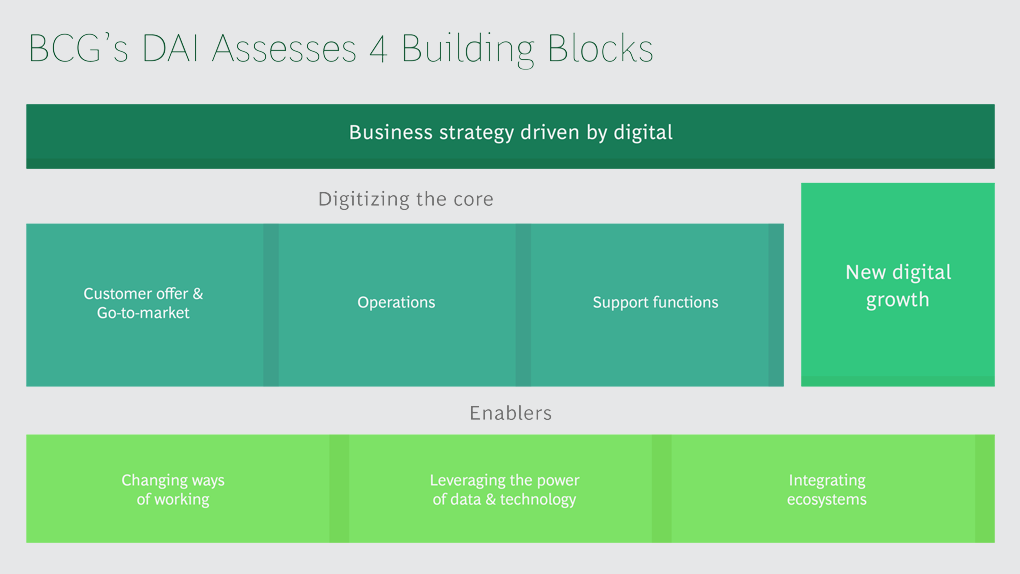
BCG Digital Acceleration Index
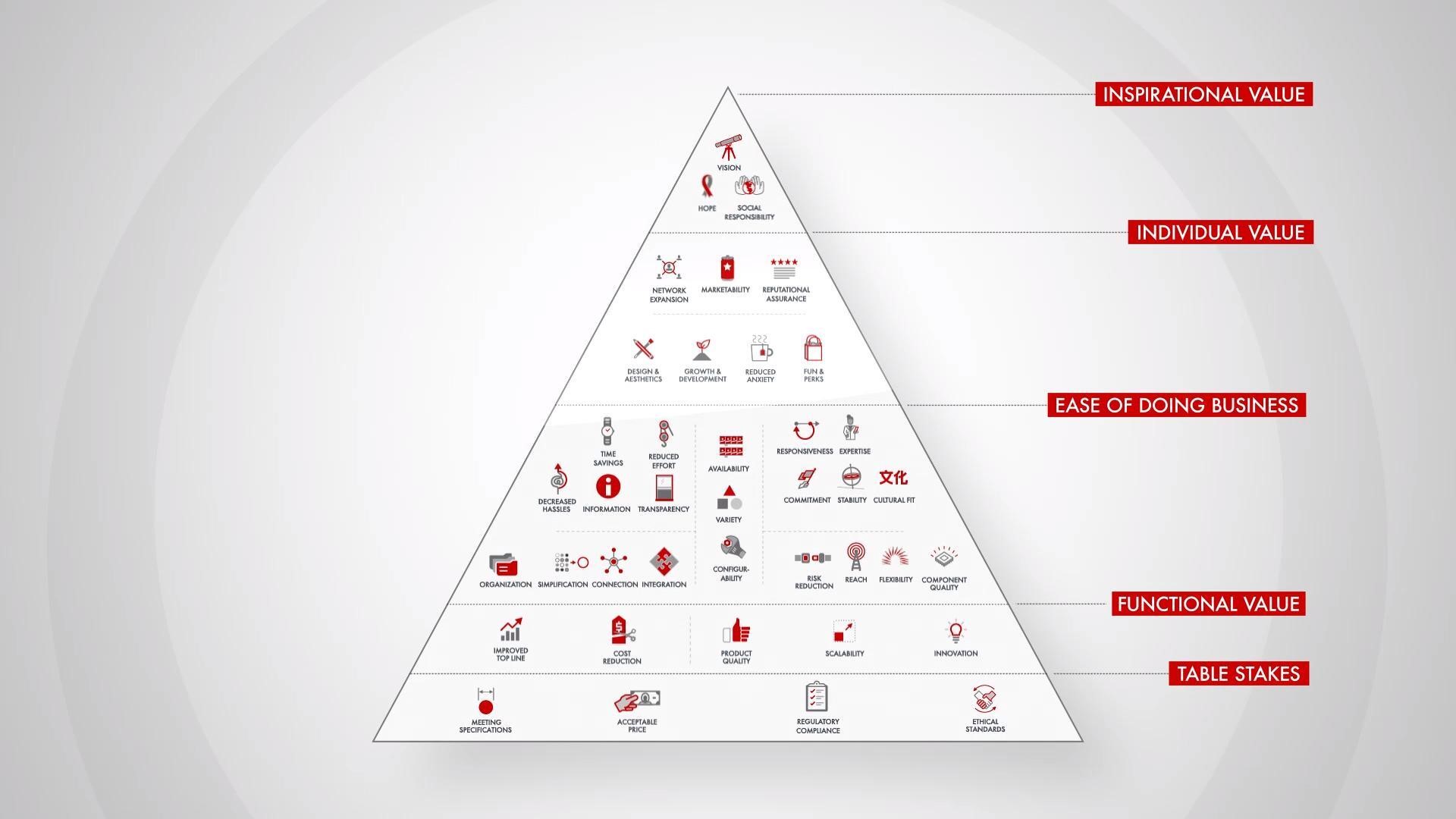
Bain’s Elements of Value Framework
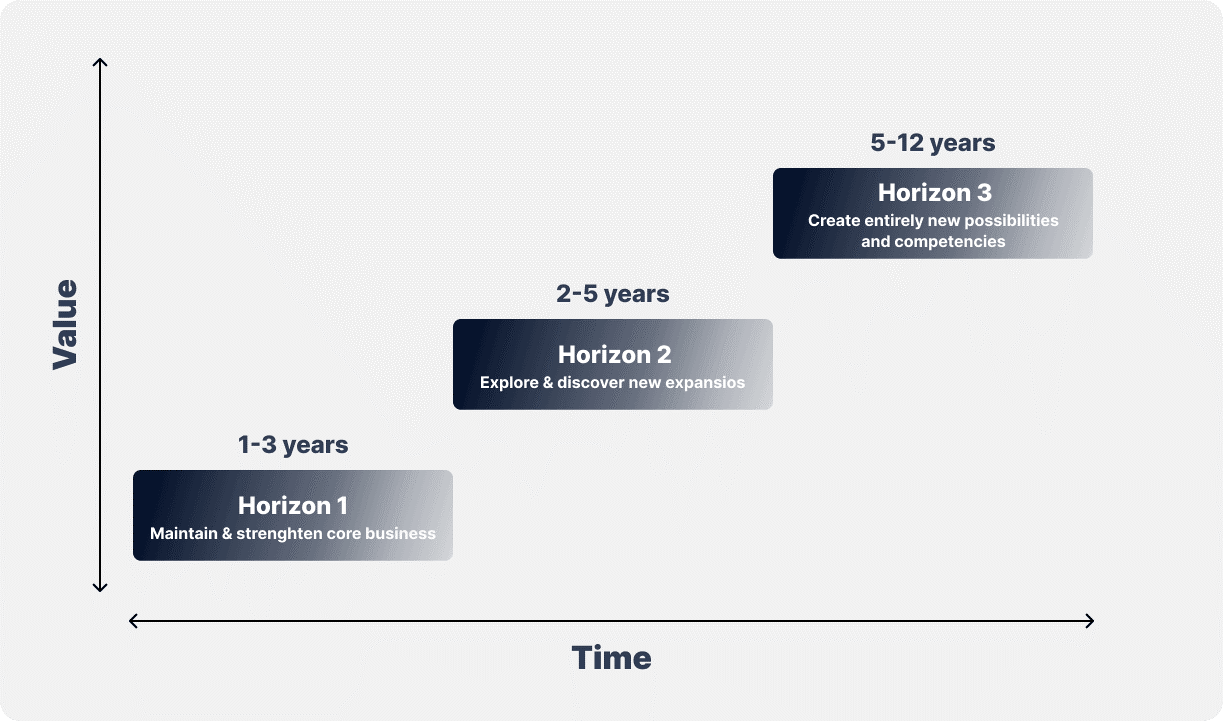
McKinsey Growth Pyramid
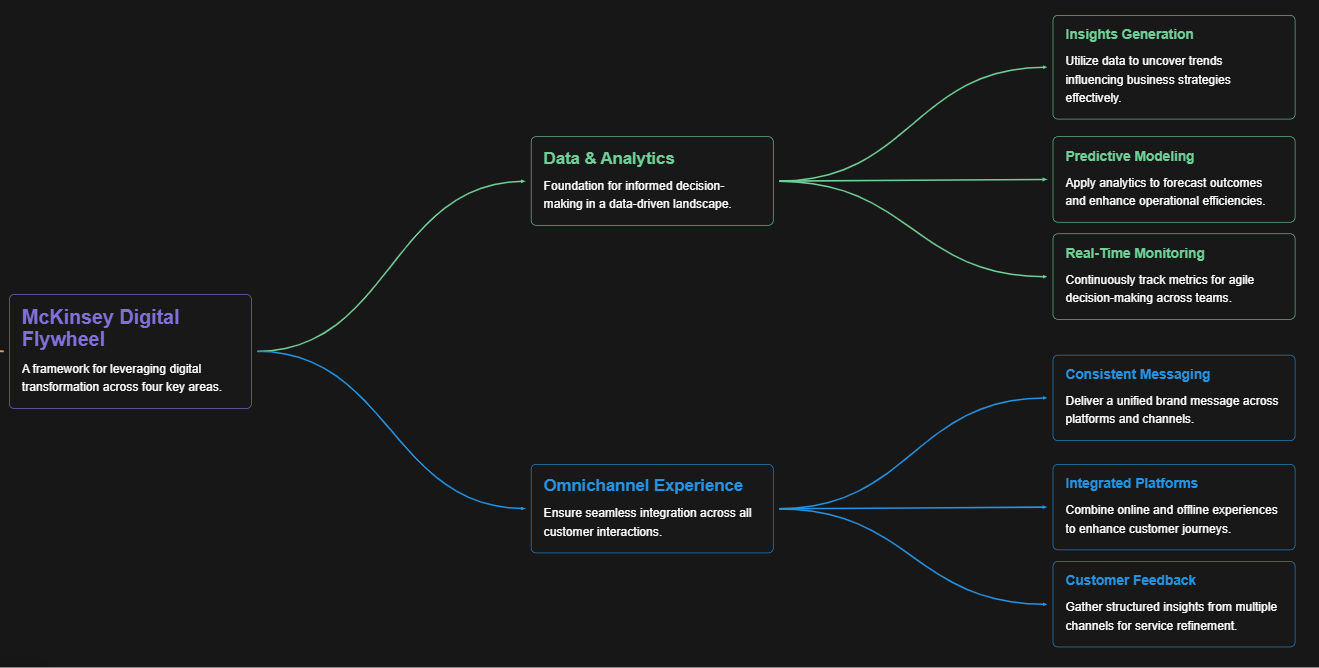
McKinsey Digital Flywheel
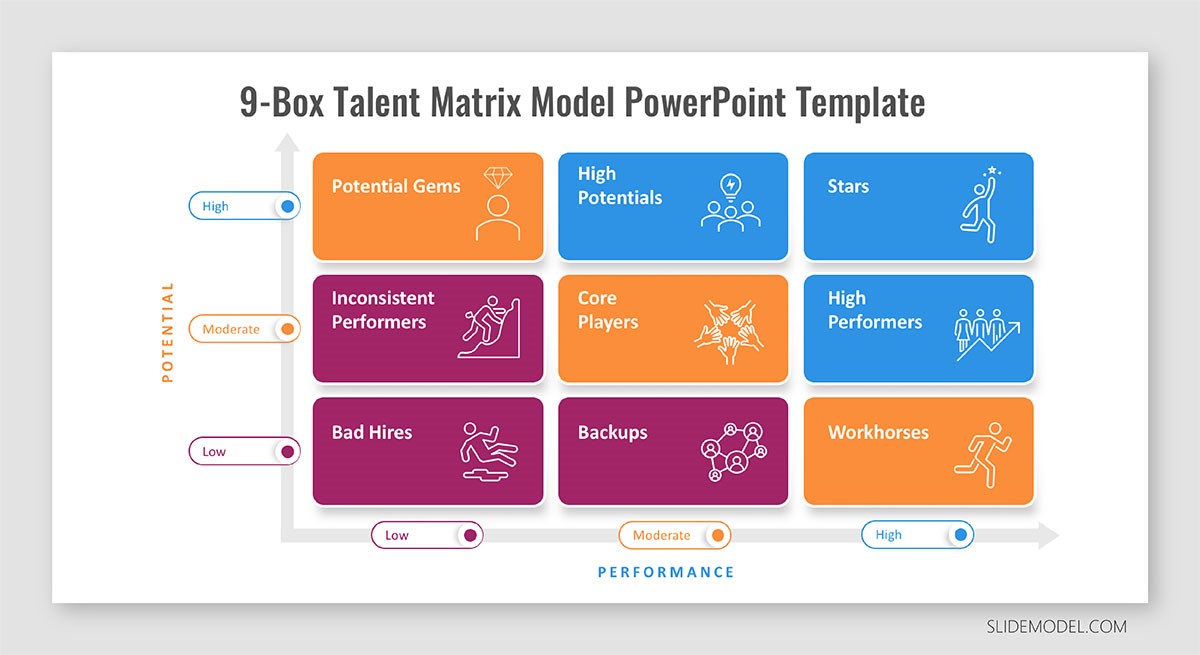
McKinsey 9-Box Talent Matrix
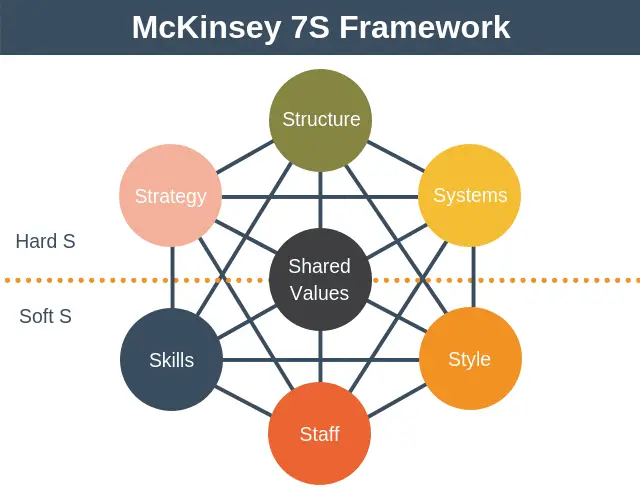
McKinsey 7S Framework
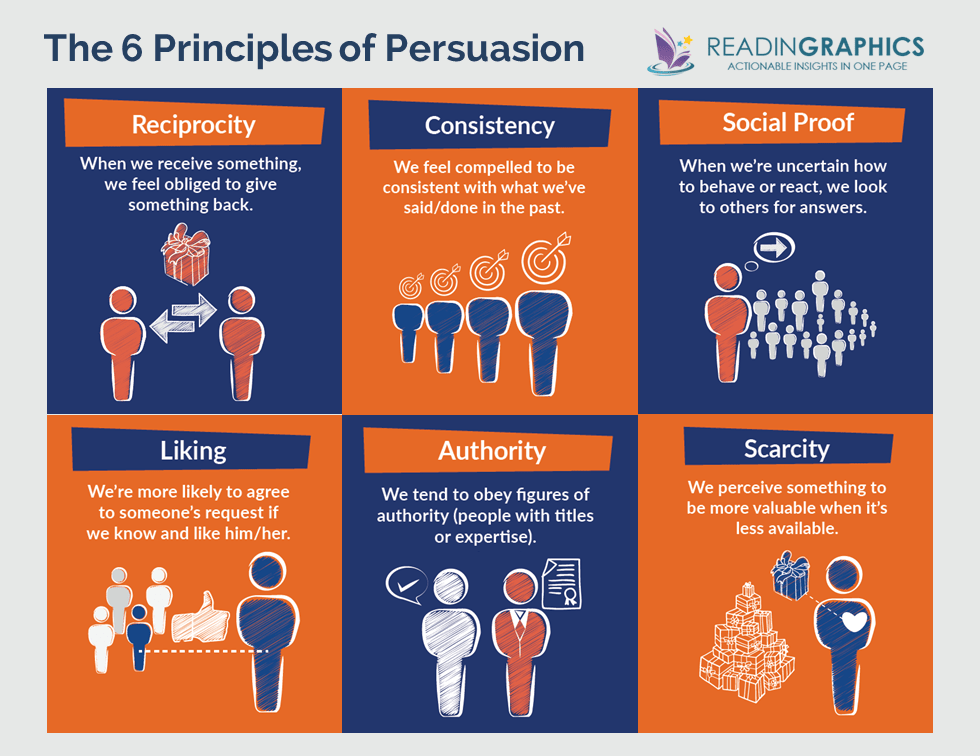
The Psychology of Persuasion in Marketing
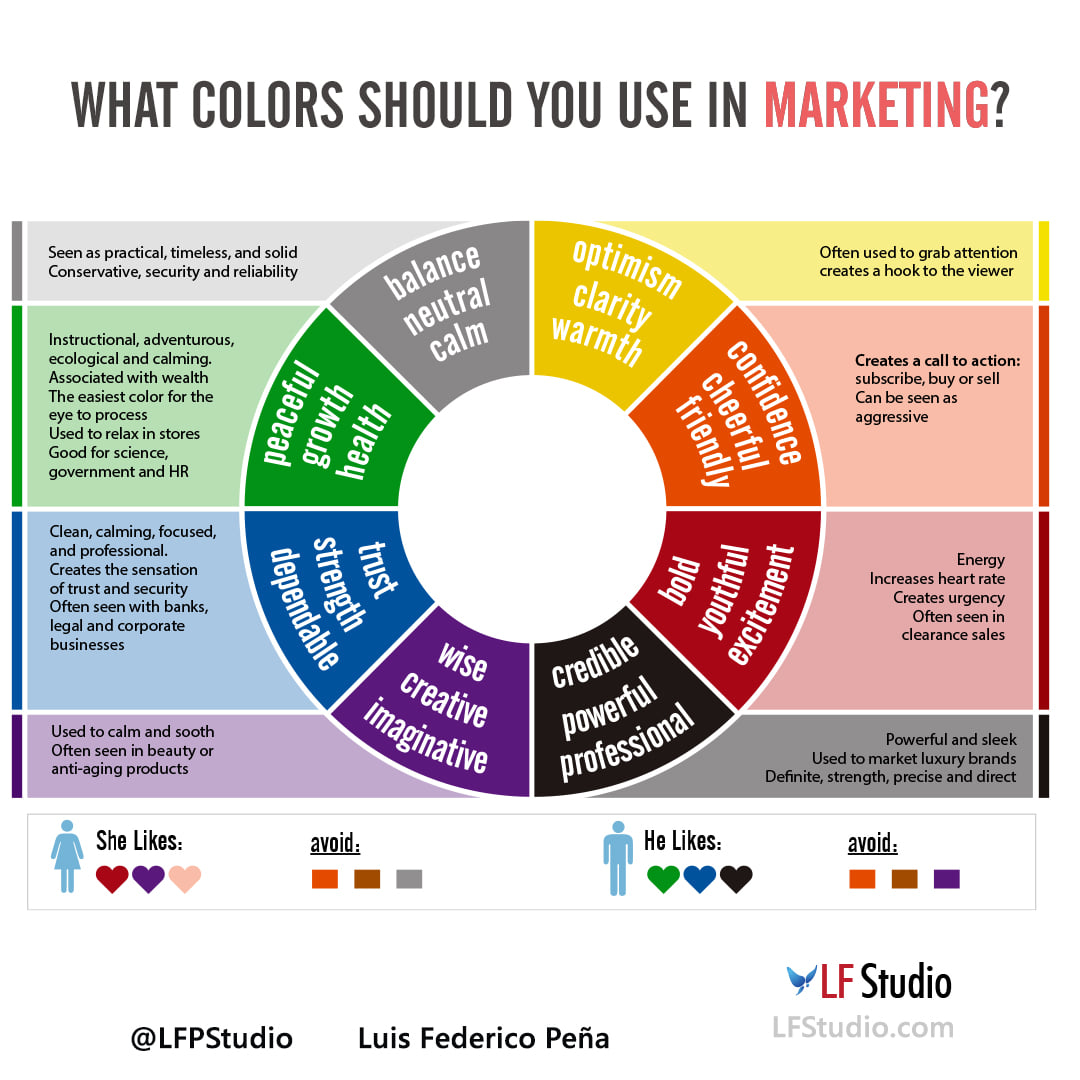
The Influence of Colors on Branding and Marketing Psychology
